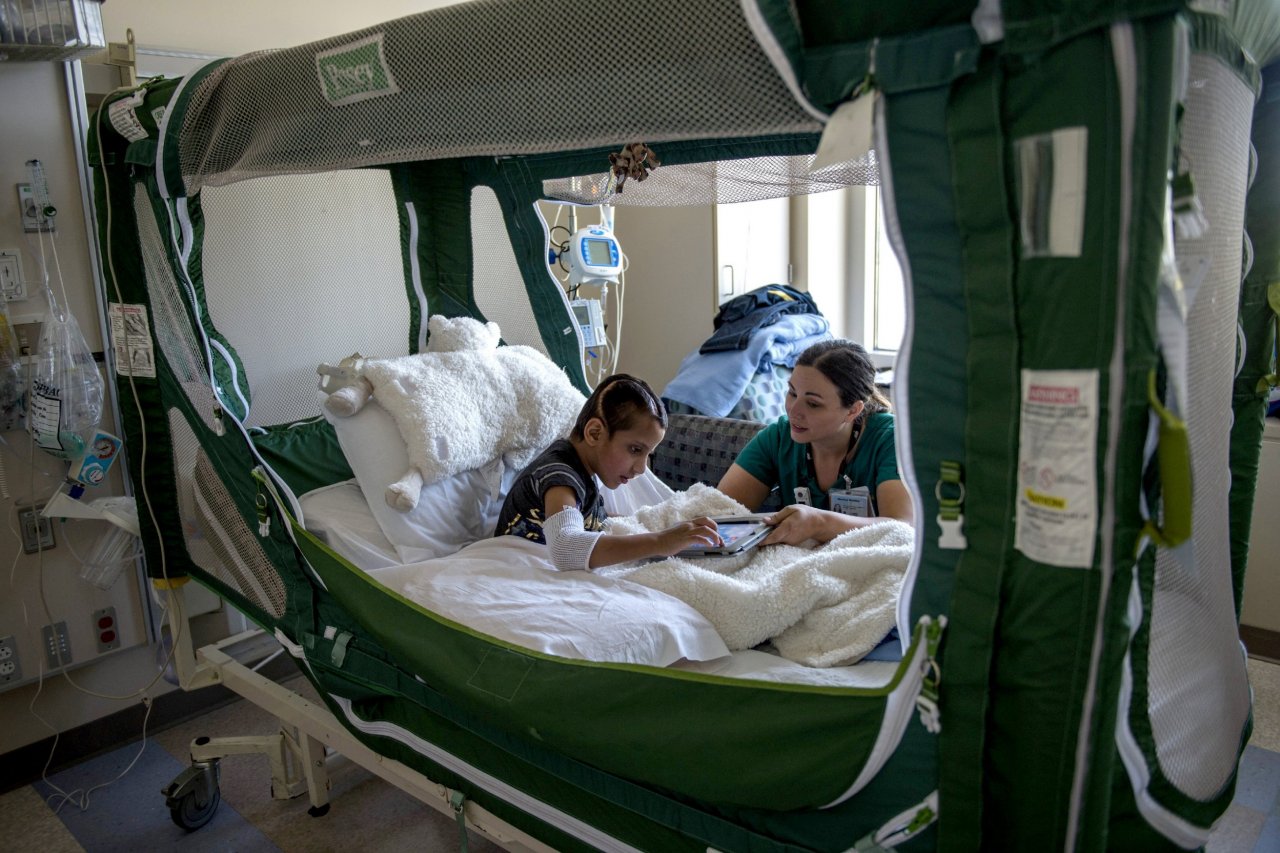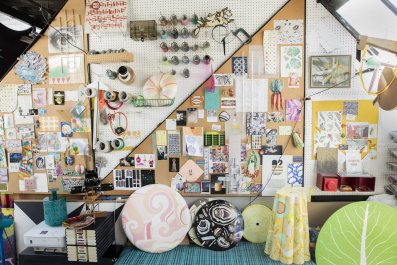Which would you guess is more effective for reducing anxiety in children awaiting surgery: giving them a sedative that's regularly used before anesthesia or letting them play with iPads?
It turns out that they both calm nerves, according to new research, but overall the iPads are better.
In a study presented in late August at the World Congress of Anaesthesiologists in Hong Kong, researchers from Université Hospital of Lyon assigned 115 children awaiting simple surgeries to two groups. Sixty of them were given iPads that allowed them to play games, featuring familiar animals like cats, dogs and frogs, and puzzles. The popular app Angry Birds also was an option. The other 55 were given a low dose of the sedative midazolam.
Independent psychologists measured the level of anxiety in the children and their parents when they arrived at the hospital, when the kids were separated from their parents, during the administering of anesthesia and following the operation. The researchers also asked nurses how satisfied they were with how the anesthesia worked.
The drug and the iPads worked equally well at soothing nerves, but the parents of kids playing with iPads were less anxious than those in the other group. The nurses in the tablet group also thought that the anesthesia went better than it did for the children taking sedatives.
How do games and puzzles on a tablet reduce anxiety? Study lead author Dominique Chassard, a physician and researcher with the Université Hospital of Lyon, says, "All forms of distraction decrease anxiety. At this time, tablets are very familiar for children and thus the best way to distract children's attention from medical environment."
The iPads also mean no side effects of sedatives such as drowsiness. Midazolam can impair memory, so kids wake up disoriented, Chassard says. This can lead to agitation, nightmares and, of course, anxiety.
Chassard says anxiety in adults can be reduced by playing with iPads too, and he hopes they will be used more for people of all ages. Already, tablets are common in hospitals, used for checklists and simulations, so providing them to patients should be quite simple and effective, he says.






















